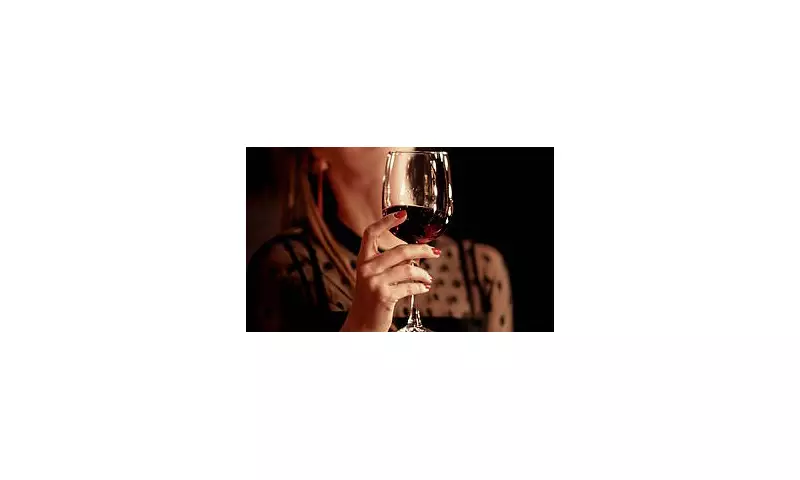
Chancellor Rachel Reeves is poised to deliver a significant blow to British drinkers and the struggling hospitality sector with a widespread alcohol duty increase in the upcoming Budget.
The Treasury is expected to revert to its standard formula, raising duty in line with the Retail Prices Index, which would result in a 4.3 per cent increase across all alcohol categories.
The Cost to Consumers
This policy shift will have immediate and tangible effects on the price of popular drinks at supermarkets and pubs. According to industry analysis, the duty hike will add approximately:
- 15p to a bottle of red wine
- 47p to a bottle of Scotch whisky
- 7p to a four-pack of lager
- 13p to a typical bottle of prosecco
The decision comes despite repeated warnings about the fragile state of the hospitality industry and ongoing concerns about the cost of living.
Industry Backlash and Warnings
Miles Beale, Chief Executive of the Wine and Spirit Trade Association, described the planned duty rise as a 'pretty depressing prospect' for businesses already reeling from a series of financial pressures.
'A series of punishing tax hikes have meant alcohol sales have been in steady decline since 2023,' Mr Beale stated, highlighting the damage already inflicted on the sector.
He further warned that the policy is counterproductive for Treasury revenues, arguing that 'instead of bringing in more cash to plug the black hole in public finances, Treasury coffers are plummeting.' He condemned the cycle of increasing duty and falling revenue as a 'doom loop' that makes absolutely no sense.
Plea to Protect Pubs
The British beer and pub industry has issued a specific appeal to the Chancellor. Emma McClarkin, Chief Executive of the British Beer and Pub Association, urged the government to exempt pub pints from the rise.
'Britain’s brewers are already the highest taxed sector in the UK,' McClarkin said. She emphasised that applying the increase to the draught beer discount would be a 'bitter blow for British brewers and pubs,' which are vital community hubs.
The sector points to last year's hike in National Insurance, the rise in the minimum wage, and the new packaging tax on glass bottles as compounding factors that make this new duty increase particularly difficult to absorb.





